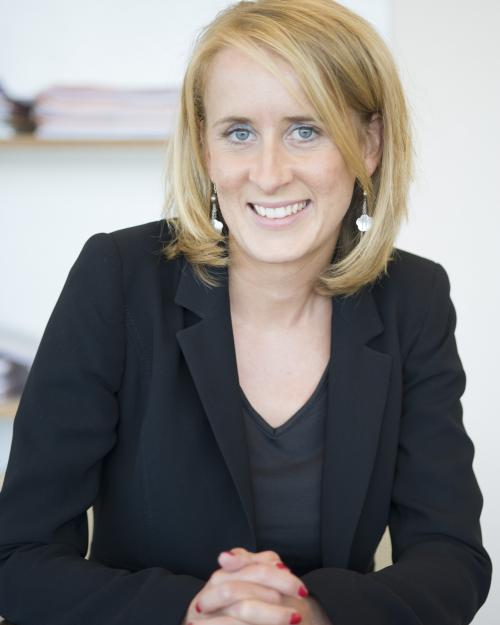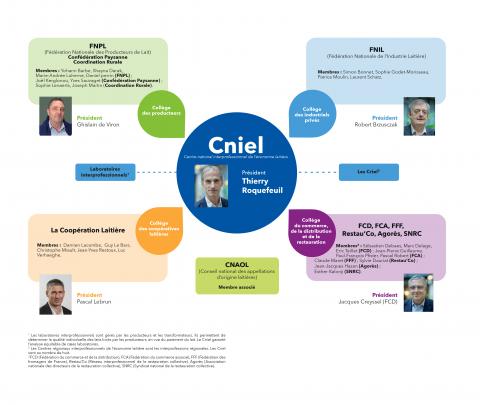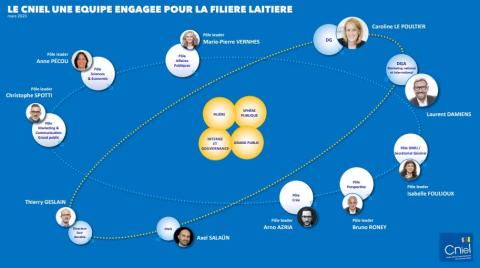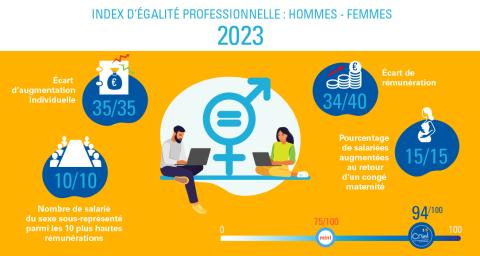CNIEL is represented by three bodies: milk producers, dairy cooperatives and private dairy companies
CNIEL's values
Cniel's values
- Cniel is a privately run organization.
- Cniel operates through voluntary commitment, driven by the shared motivation of its members to work together.
- Cniel’s decision-making relies on unanimity (decisions are made unanimously by the three colleges).
- Shared responsibility, the result of the desire to work together, underpins Cniel’s work.
Sigles
FNPL : National Federation of Dairy Farmers ; CP : ConFrench Farmers’ Confederation ; Coop de France Métiers du Lait : French Dairy Coop Federation (Dairy cooperatives) ; FNIL : National Federation of Private Dairy Processors
Legal framework for CNIEL, the French Dairy Interbranch Organization
Authorities...
The French State has recognized the importance of this organization and supports its action by making the implementation of all agreements reached by CNIEL compulsory for all dairy professionals (Rural code L 632–12 to 632-14).
What is a dairy community agreement?
What is a dairy community agreement?
This is the written expression of a decision made by the three Cniel federations on a specific subject. State approval of Cniel agreements makes their implementation compulsory for all dairy producers and processors. An agreement may have national or regional scope.
 Everything you need to know about milk and dairy products, the different steps involved in processing them, their diversity and health benefits. Also, practical information such as how to read food labels, make homemade dairy products,…
Everything you need to know about milk and dairy products, the different steps involved in processing them, their diversity and health benefits. Also, practical information such as how to read food labels, make homemade dairy products,…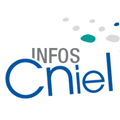 All about how CNIEL serves the French dairy industry. The organization addresses a wide range of issues, from the dairy economy, international business and promotion, to technology and scientific research. Its work is aimed at helping dairy producers and processors to anticipate market developments and build a strong future.
All about how CNIEL serves the French dairy industry. The organization addresses a wide range of issues, from the dairy economy, international business and promotion, to technology and scientific research. Its work is aimed at helping dairy producers and processors to anticipate market developments and build a strong future. Centre National Interprofessionnel de l'Economie Laitière
Centre National Interprofessionnel de l'Economie Laitière 